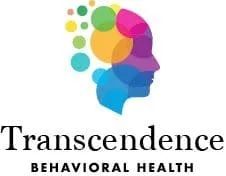
Anyone who has mental illness experience, personally or professionally, will tell you that there is still a lot of stigmas given advancements in psychiatry and psychology. There has been some change from the field of mental health, but the stigma remains a reality. At some point, most people living with mental illness have been criticized for their condition. They were called names. Their symptoms were referred to as "a process" or something they could handle "if only attempted." They were discriminated against unfairly, without justice. This is an unfavorable force that retains a stigma. When you find yourself wondering how to fight this issue, consider these tips.
Communication
Over the years, it has been challenging to discuss the subject of mental illness freely, and many people see mental health with a negative image. With these issues becoming prominent, we must push mental health to the forefront of topics of conversation and have open discussions about how we feel.
Education
One of the best ways you can help yourself or a friend is to educate yourself about dealing with mental illness and mental health issues. Friends can be a valuable aid for rehabilitation by being trained, compassionate, and helpful.
Compassion
As we empathize with the people in our lives without having to hold their conditions against ours or anyone else's, we lower the risk that our loved ones feel alone in their suffering, and we increase the likelihood that they will be sufficiently vulnerable to meet us in their time of need. Validation is simply the acceptance that a person has a feeling, even if we don't agree that it's a good feeling to have or the reaction we would have in similar circumstances. Showing our loved ones that we understand what they feel will give them the confidence to embrace and move forward with that feeling.
Treatment
Once we've accepted the fact that our loved one with, for instance, major depression can't get out of bed because it's a sign of sickness, and not because they're not trying hard enough to find the happiness in the little stuff, we can say "I love you, I'm sorry you’re not having the best day." Then we can support them by sharing our recovery experiences because we've already developed ourselves and established trust. Among people who have a mental illness, there are a variety of treatment options: medication, individual talk therapy, group therapy, and interventions designed to build or restore abilities that have been lost or never learned. People who find the best fit and treatment plan and who are willing to do the job can have tremendous success; it takes help, and it takes time.
